To really 'get' the Yukon you need to understand the locals
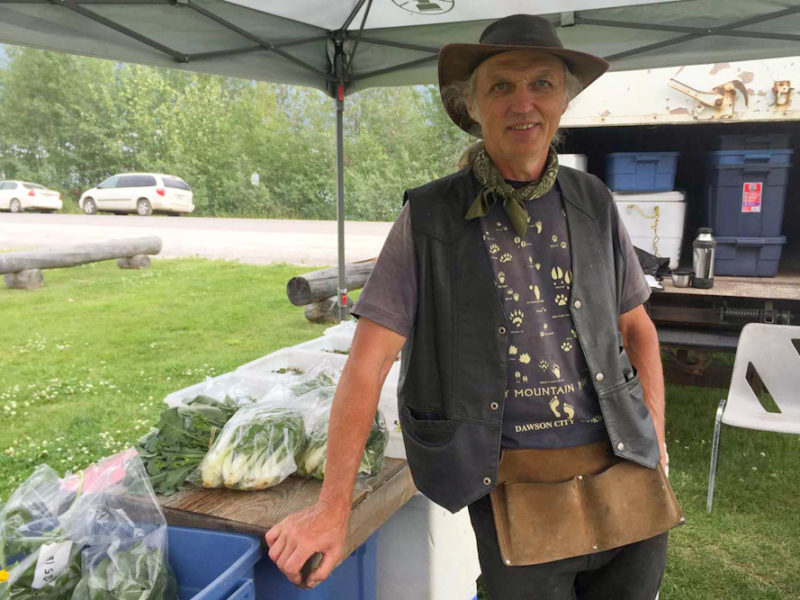
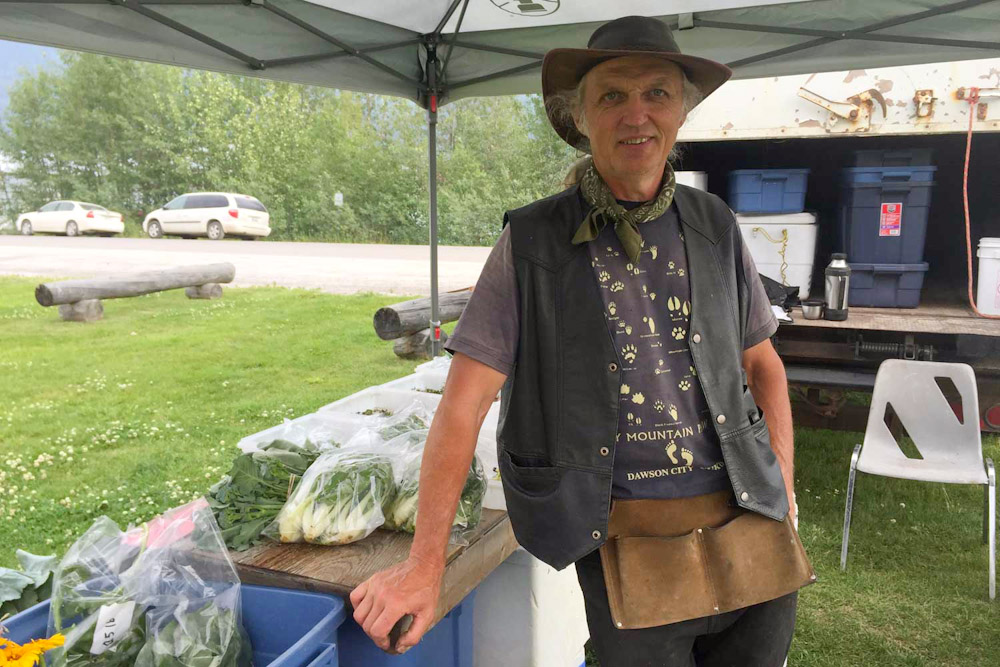
Otto Muehlbach runs his own organic farm across the Yukon River from Dawson City (photo: Jim Byers).
From top-selling authors to painted ladies and Donald Trump’s grandfather’s brothel, the Yukon Territory has a wild and woolly history full of crazy characters.
These are the characters, both present and past, you need to know to really understand the frontier that is the Yukon. By Jim Byers.
Pregnant women who hiked over dangerous, snow-covered passes during the Klondike Gold Rush. The cabin where Jack London wrote Call of the Wild. And a German immigrant who says he loves nothing more than a snowy winter in the far north of Dawson City.
The Yukon is filled with great stories of fascinating people.
The Yukon is a marvellous part of Canada, north of British Columbia and tucked up against the eastern edge of Alaska, filled with frontier-minded folks who laugh off hardships and take what nature gives them.
The weather is completely different, of course, but folks in The Yukon seem to have a similar outlook on life as a rancher at a drought-stricken cattle station in the Outback.
It’s a kind of fierce independence combined with the ability (if not the necessity) to be a Jack or Jill of all trades.
To really ‘get’ the Yukon, you’ve got to hear the well-worn – and sometimes less told – tales of past and present Yukon frontier folk.
Jack London
Born and raised in Oakland and San Francisco, London came north in the early part of the Klondike Gold Rush.
He chronicled the rough-and-tumble camps and the deep passes filled with snow, and struggling animals and immigrants who’d never seen snow.
He floated 800 kilometres or so down the Yukon River in 1897 in a hastily made boat, and spent much of a long and lonely winter holed up in a small cabin in the woods outside Dawson City – this is where he wrote his legendary novel Call of the Wild. The whereabouts of his cabin were unknown for years, until someone discovered it in the mid-1960s.
Half the cabin is at Jack London Square in Oakland, while the other half sits on a small parcel of land on a small hill in Dawson City. You can have a look here, and tour the small museum that honours his life and his work. dawsoncity.ca/jack-london
Lucille Hunter
Hunter is said to have been one of the first black women in the Yukon. She arrived from the US, 19 years of age and pregnant, yet still took the tough Stikine Trail to the Yukon with her husband.
They stopped at Teslin Lake long enough for her to have the baby, which they named Teslin.
Reports say they continued on to Dawson City, arriving before most other gold-seekers and staking a claim on gold-rich Bonanza Creek.
After her husband Charles died in 1939, Lucille kept operating gold claims in Dawson and silver claims near Mayo.
The settlements were some 200 kilometres apart, but she walked from Mayo to Dawson City and back again every year until she was no longer able to handle the hike. She ended up operating a laundry in Whitehorse.
Yukon’s Painted Ladies
The MacBride Museum has a great display focusing on Klondike Kate, an American whose official name was Kathleen Rockwell.
She came north in 1897 and apparently made more than $30,000 in her first year of business.
The display I read at the museum said she once wore a $1500 gown from Paris.
Miners dubbed her the ‘Queen of the Yukon’ and gave her a crown fashioned from a tin can, sticking lit candles on the jagged points.
“The boys went wild as Kate danced with wax dripping into her hair,” the museum’s display tells.
There’s a tale getting about, of a madam who ran a house of ill repute in Dawson City.
Word is she was actually a fine woman who insisted no married men visit her parlour, refused to conduct business on Sunday and fed cookies and tea to local school kids on their way home.
I heard one story about how her operation was finally put out of business in the downtown district, forcing her to re-locate on a small island just outside of town.
Locals could see men heading over the bridge to the island, so an enterprising young man started renting out fishing rods, so the men could pretend they were out to hook fish – rather than to fish for hookers.
Oh, and according to the Canadian Broadcasting Corporation, Donald Trump’s grandfather ran a brothel near Dawson City during the Klondike Gold Rush.
That entrepreneurial spirit ran strong in the family, it seems.
Otto Muehlbach
Muehlbach runs an organic farm across the Yukon River from Dawson City, living off the grid with the help of a windmill and solar panels.
He grows his own wheat and makes his own bread, as well as growing kohlrabi roots and other vegetables. He says he came here from Germany because he loves real winters.
It’s not so hard living across the river in summer, when you can take a boat, or in the middle of winter, when you can clamber over the ice.
The true test is when the ice starts to form or when it breaks up and you can’t take a snowmobile or walk over, but it’s still too hard to take a boat.
“It takes a special breed” to live in the north of the Yukon, he explains at the weekly Dawson City farmers’ market.
“There’s no ‘maybe’ up here; no grey zone. Mother Nature sorts out who’s going to make it and who’s not.”
Martha Louise Black
One of the great things at the McBride Museum of Yukon History in Whitehorse is to read up on pioneer women who made their mark in a male-dominated Yukon society.
One story I’ve seen tells about Martha Louise Black, a wealthy woman from Chicago who left her sons behind in the US and came to the Yukon with her brother, traversing the dangerous Chilkoot Trail.
She went to England with her husband in 1916 to help the Allied efforts in World War I and set up a fund to comfort Yukon soldiers fighting in Europe.
She also worked to catalog Yukon flora and was made a fellow of the Royal Geographical Society for her efforts.
When her politician husband, George, became sick, she ran for public office in his place and was elected to the Canadian legislature at age 70.
They say she campaigned on foot across much of the Yukon and became the second woman elected to the Canadian Parliament.
“Martha Black had style and spirit,” the display read.
“Northerners appreciated these qualities and made her a legend.” It says it all about the Yukon and its people, really.
Interested in the untamed wilderness of Yukon?
We think you might like these reads:
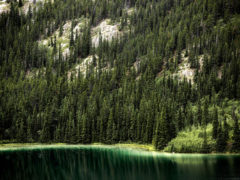
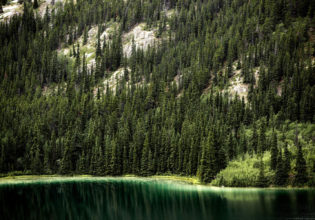
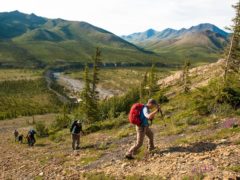
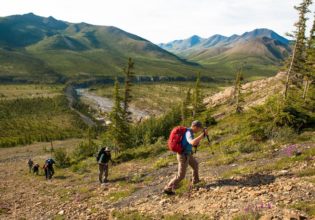
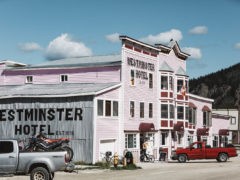
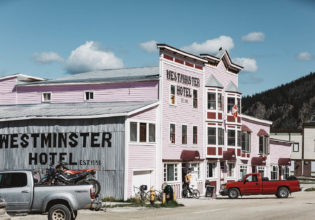
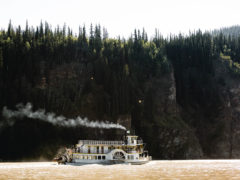
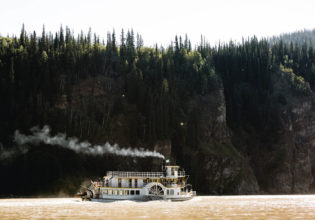
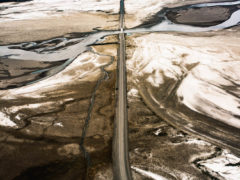
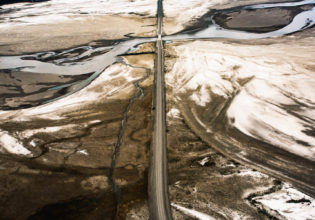
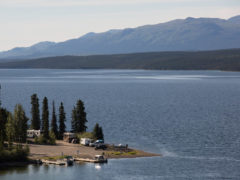
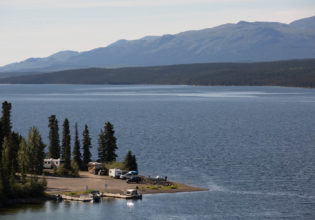

LEAVE YOUR COMMENT